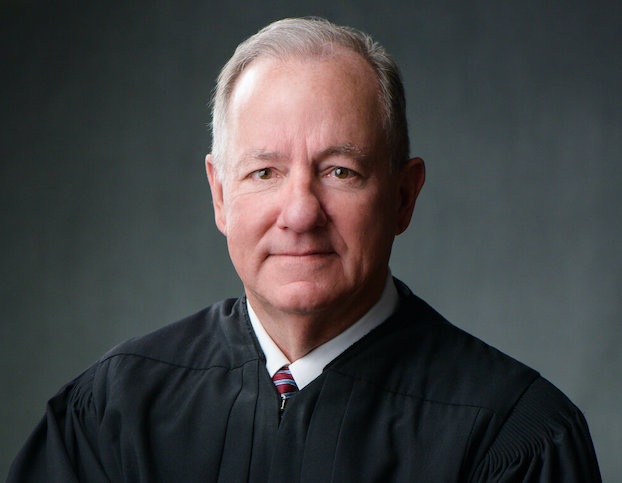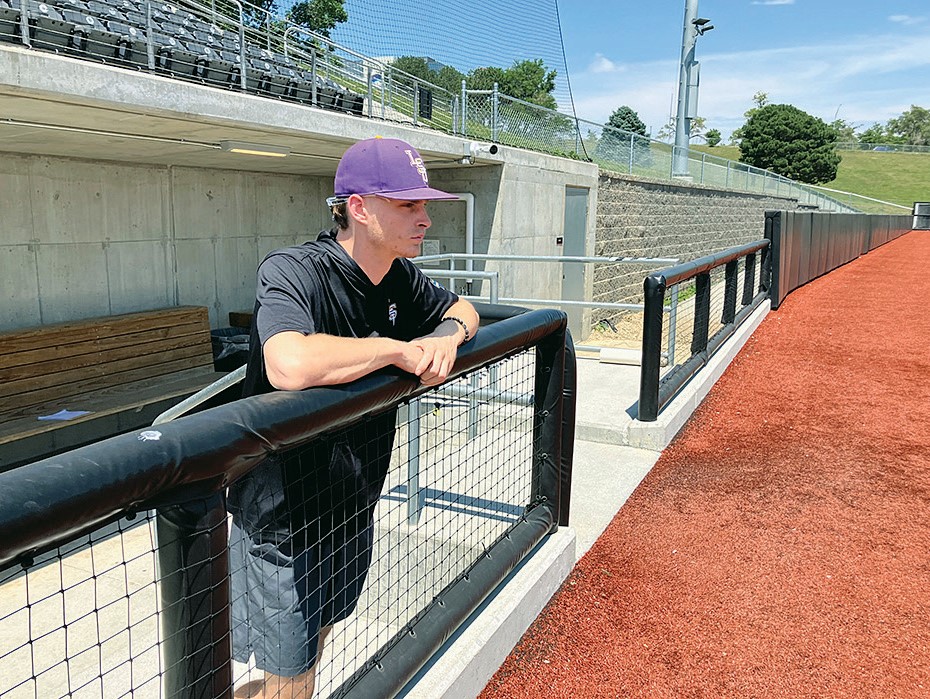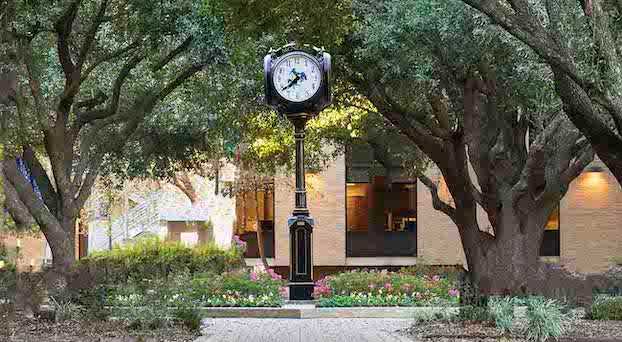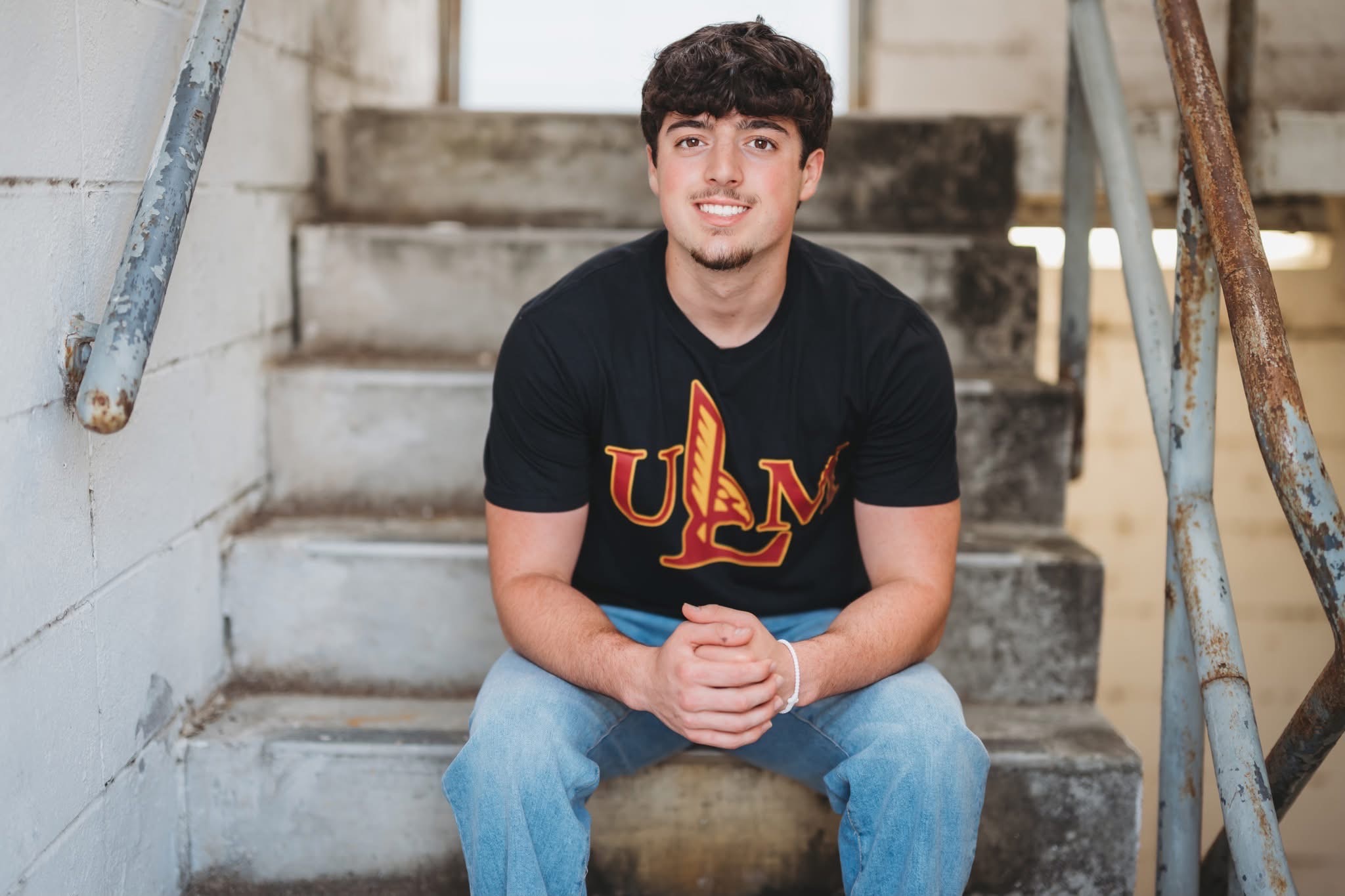Judge Davis serving his 16th year on the bench
Published 3:04 pm Wednesday, March 27, 2024

- Judge Clayton Davis. (Special to the American Press)
Gun violence is a rising trend that’s not going away.
Neither are gang-related crimes.
“It’s not good, but that’s where we are,” Judge Clayton Davis told members of Kiwanis Club of Lake Charles this week. “Gangs have been around a while and they’ll continue to be around.”
Davis is serving his 16th year on the bench and oversees a docket of civil and criminal cases. After earning his juris doctor from Southern Methodist University in 1981, Davis worked as a lawyer for 27 years prior to his election in 2008 as Division B judge for the 14th Judicial District.
“I enjoyed practicing law and did pretty well, I thought, and was successful at it but I found myself at age 55 wanting to do something different,” he said. “Not that I don’t love it; I still love it, but I always wanted to be a judge.”
Davis — who says “he’s in his element in the courtroom” — likens his job to running his own business.
“I’m part of a team,” he said. “We communicate a lot and we prepare dockets so everyone knows what’s going on and when it works it’s a really great, great thing. You show up on time, you’re prepared. We’re not in a hurry but we don’t want to waste anyone’s time. It’s against everything I ever learned in life. I hate having my time wasted and I can’t stand having others’ time wasted if there’s anything I can do about it. I am very proud of how efficient we are.”
There’s a lot of management and organization involved — like any other job, he said.
“In the last couple of years I seem to be trying a lot more criminal cases, but there’s always a lot,” he said. “There’s never a break. You have to stay ahead of it.”
Davis said his goal is to get cases resolved as early as he can.
“There’s a lot of possession of drugs cases and that’s easy to prove and 95 percent of those cases end up as a plea,” he said.
Davis said individual cases don’t get better with time because he doesn’t reward delays.
“The offer that you have today is gone. I’m not going accept it later and it’s going to get worse with time,” he tells defendants. “Once you give that speech and the people involved with the process start understanding, ‘Oh, you’re not playing that game we’re used to playing,’ then mindsets change and it makes it a lot easier for the lawyers to convince people, in most cases, to do what they should do.”
Davis said he is mindful that people are wrongly convicted every day.
“I don’t want that to happen,” he said. “The saying is, ‘You’d rather let a guilty man go than convict an innocent one,’ and I believe in that.”
Davis said one of his more extraordinary cases involved Woodrow Karey, who on Sept. 27, 2013, walked into Tabernacle of Praise Worship Center and fatally shot his pastor in front of 65 congregants. Tried for manslaughter in 2018, the jury found him not guilty.
“He was offered a plea and he turned it down,” he said. “As soon Karey (shot the pastor) he walked out, sat on the curb and waited for the police to pick him up. He spent a couple of years in jail waiting for trial and his defense was that the preacher had been raping his wife. Once he found out about that, he went over to the church and killed the preacher. I was certain it was going to be a manslaughter conviction but in my 40-plus years in this business I’ve never seen a witness who was less concerned about what anyone thought — including the jury. In his mind, he was defending his family.
“It’s hard to explain it, but he did it with such a cloak of truth and honesty about it,” he said. “All witnesses are trying to persuade a jury of something, especially a defendant, but he told his story and was willing to let the chips fall where they may. If the jury was going to convict him of first-degree murder and give him a life sentence, then that was what was going to happen. That is extremely rare.”
Davis said Karey and the preacher were good friends and that when Karey felt betrayed “he took matters into his own hands.”
“That’s not how we resolve things in this country,” he said. “I was shocked when I heard about it, but heat of passion is a defense.”
On area he would like to see changed within the court system is for public defenders to receive pay on par with what a district attorney receives.
“It’s a shame and it is wrong that public defenders don’t get the same salary and benefits that the DA gets,” he said. “What’s wrong with that? It’s called a level playing field. I think that would be a great legal challenge and I don’t know why it hasn’t happened yet.”
Davis said the court system is a business and its product is justice.
“Time matters, delay is the enemy and if you have a public defender buried under files, that hurts everybody, it hurts the system, it backlogs the cases and it effects witnesses, victims, families.”





